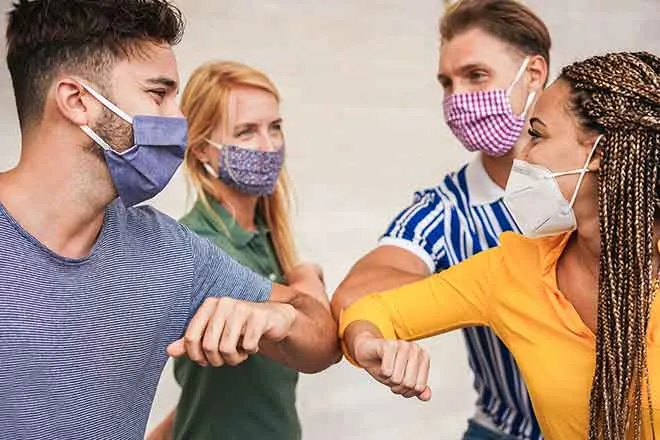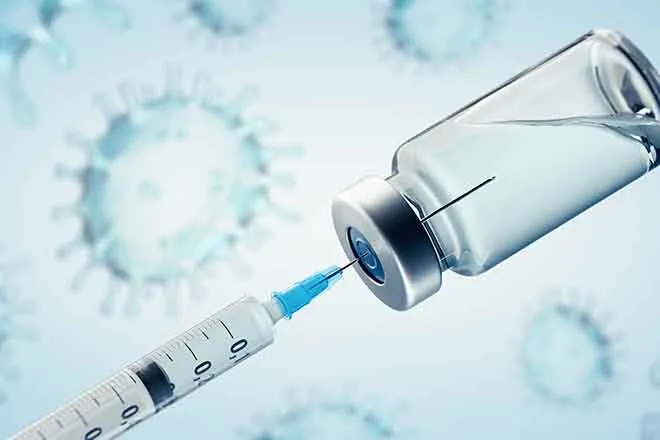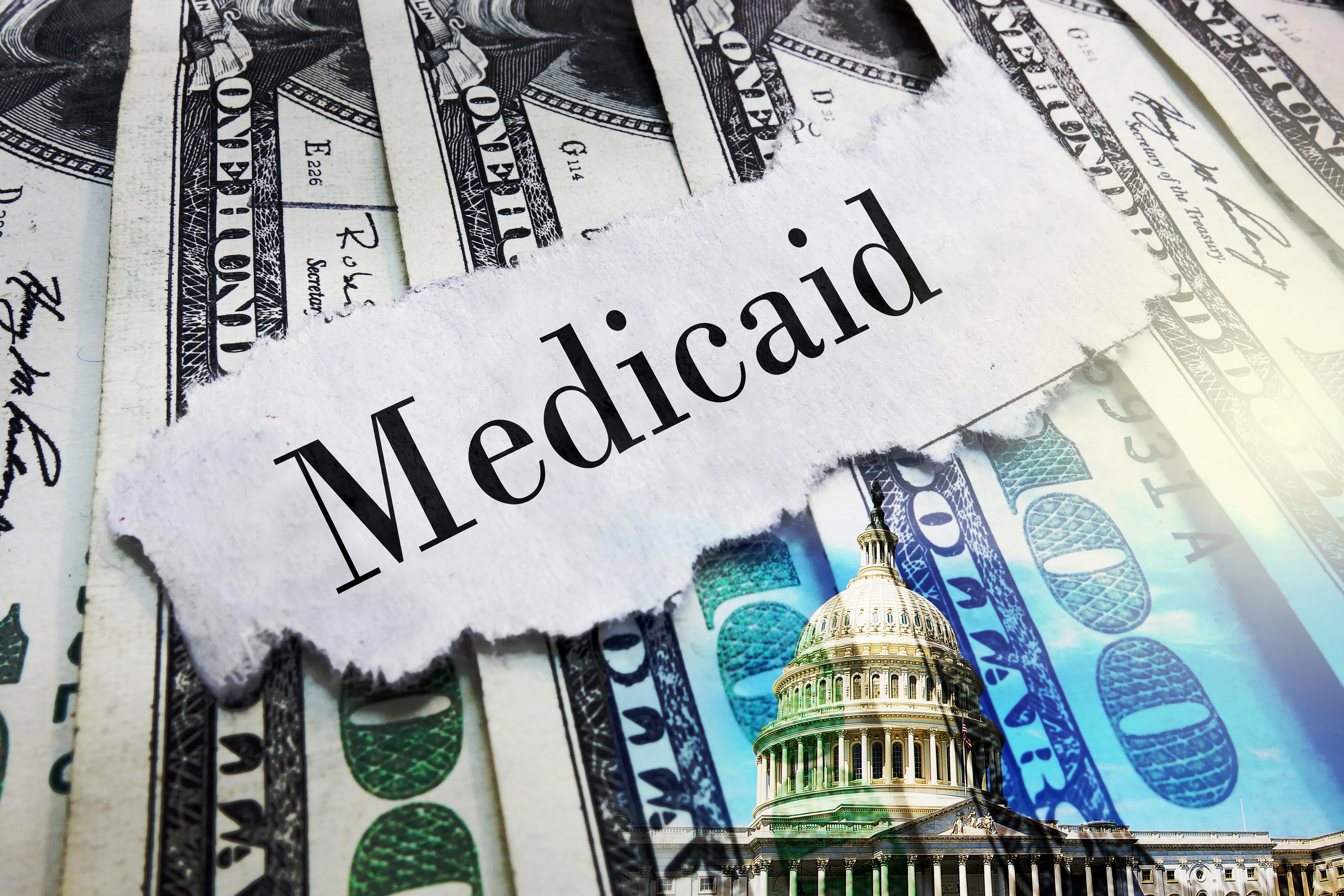
Dear Dietitian – Beware of fake nutrition coaches
Dear Dietitian,
I suffer from binge eating. I hired an internet influencer who claimed to be a nutrition coach for people with eating disorders. He gave me a strict meal plan and exercise routine. I asked what I should do when I have cravings to binge. He said not to worry, just follow the meal plan. I told him I thought I needed more to eat, but he wouldn’t adjust my calorie level. This whole plan ended in disaster for me. What can I do? He refuses to give me a refund!
Cassy
Dear Cassy,
First of all, I want to say I’m sorry this happened to you. Unfortunately, these things happen with nutrition because there are so many “magic bullets” marketed by charlatans that people don’t know what to believe.
Another reason for the confusion is many people do not realize who the nutrition expert is. A Registered Dietitian Nutritionist (RDN) is a protected title that ensures the professional is qualified. That said, other professionals are legitimate, but you may have to ask a few questions to determine authenticity. Ask about their education. They should have at least a bachelor’s degree in nutrition or another related field. Ask about their credentials and state licensure. There should be no hesitation or defensiveness on the part of the nutrition professional. If there is, be wary.
Licensure is required to practice nutrition in 47 states, Puerto Rico, and the District of Columbia. If your state requires dietitian licensure, you can report this incident to the state licensure board for dietitians. You may also report your experience to your state’s Attorney General. The Better Business Bureau also receives complaints of this nature.
The good news is there is help. Binge eating is now recognized as an eating disorder. It is listed in the Diagnostic Statistical Manual (DSM) along with other eating disorders, such as bulimia and anorexia nervosa. This means you can receive treatment, and insurance will cover part of the cost.
Optimal treatment results are achieved through a team approach, and outpatient programs are available. Your team may consist of a physician, a dietitian, a psychologist, and an exercise physiologist. Each team member brings his or her expertise to deal with all aspects of the illness.
I recommend checking into Overeaters Anonymous (OA), a 12-step recovery group that uses the same steps as Alcoholics Anonymous (AA). In OA, it is suggested that you find a sponsor to help guide you through the steps. You will also decide on a food plan that works for you. Equally important, you will find that you are not alone. There will be people with the same problem, and you may develop friendships on your road to recovery. Search the internet for meetings or call (505) 891. 2664. During the COVID-19 pandemic, there are numerous meetings online.
Until next time, be healthy!
Dear Dietitian
















